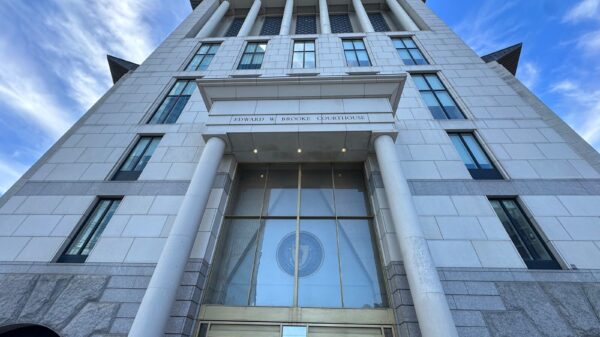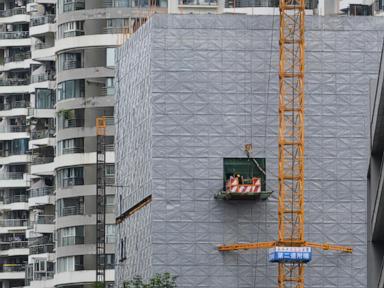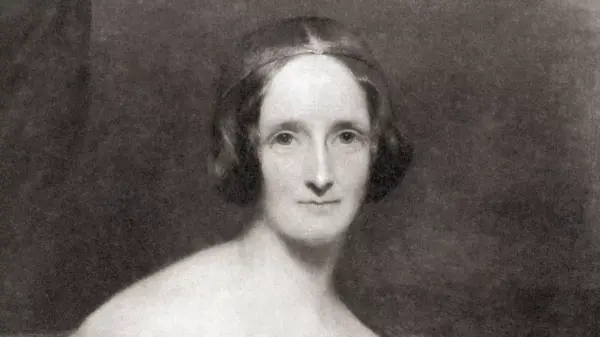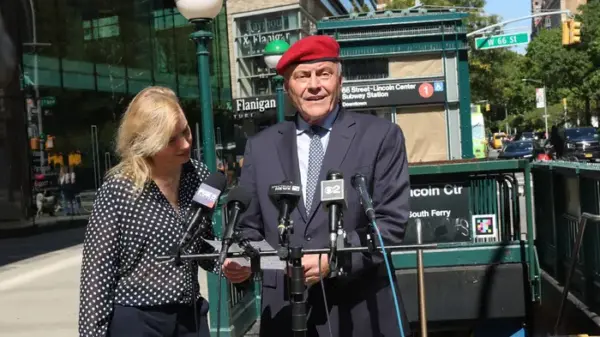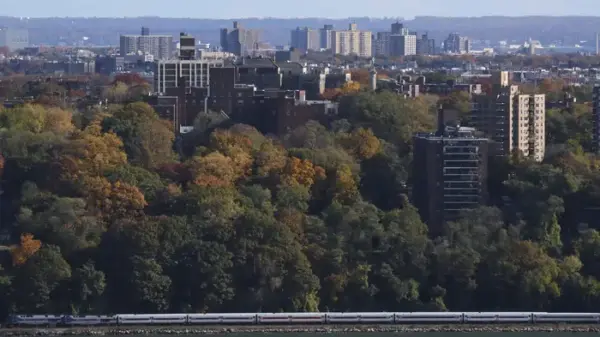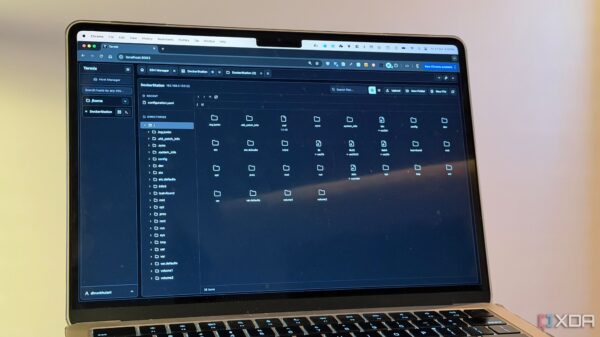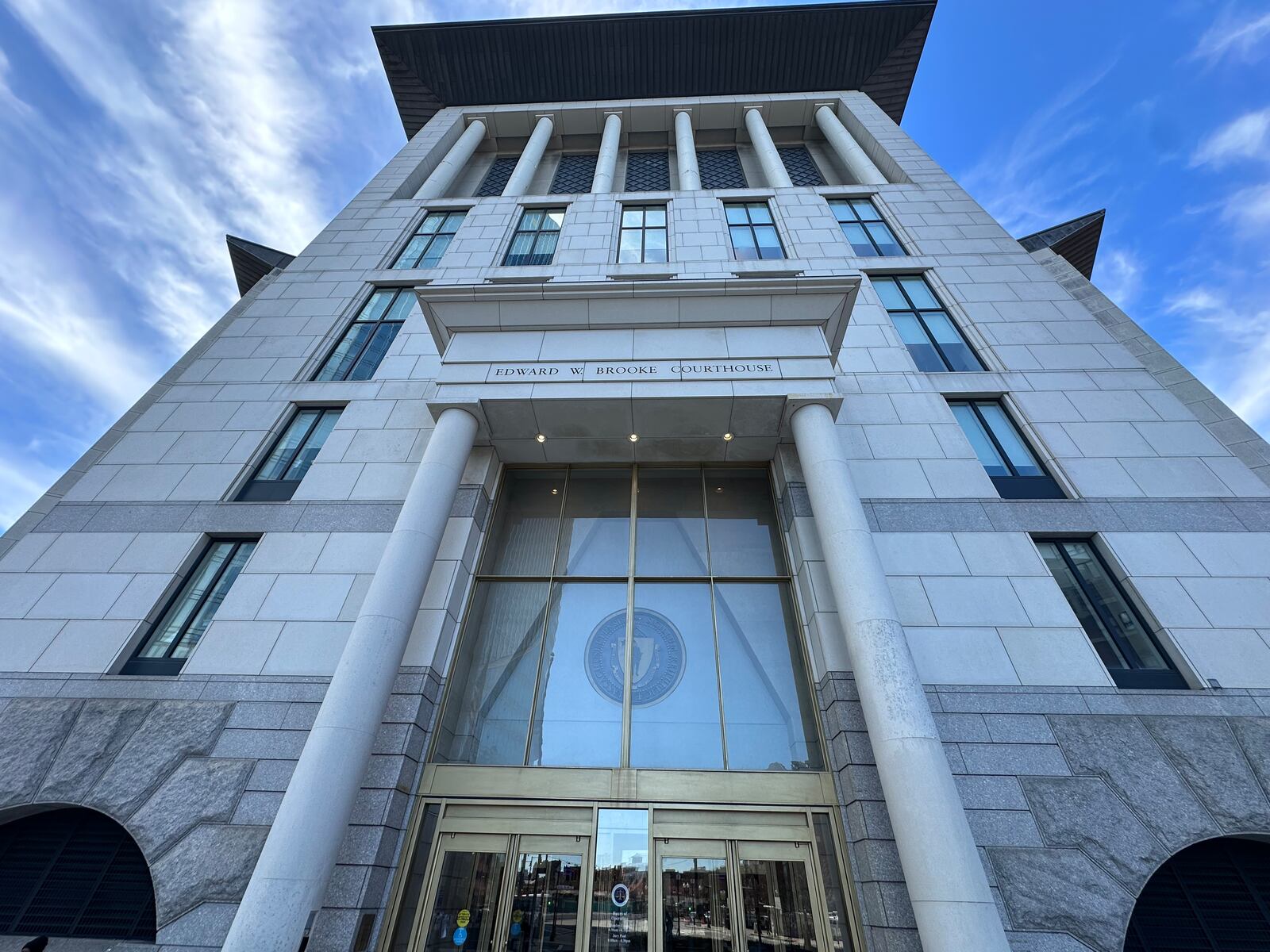UPDATE: Massachusetts is urgently addressing a courtroom crisis by offering criminal defense attorneys a $2,500 bonus for every five new cases they take. This initiative, announced on November 17, 2023, aims to alleviate the severe representation shortage caused by a work stoppage by bar advocate attorneys that began on Memorial Day.
The Committee for Public Counsel Services (CPCS) sent the incentive email, signed by Chief Counsel Anthony Benedetti, to attorneys statewide on Monday. “This situation remains deeply concerning,” Benedetti stated. “Every day that passes without counsel is another day that someone’s liberty, rights, and dignity are at risk.”
The program is designed to ensure prompt legal representation for unrepresented defendants in Suffolk and Middlesex District Courts, as well as in the Boston Municipal Courts. It will remain open until 5:00 p.m. on November 17, or until all defendants awaiting counsel are assigned an attorney. Benedetti emphasized that this would be the only incentive of its kind offered this fiscal year.
As of October, over 2,100 criminal defendants in these counties were still without legal representation, including 52 individuals in custody. The ongoing situation has forced courts to activate the Lavallee protocol, which mandates the release of defendants after seven days without a lawyer.
This one-time incentive highlights the urgency of the situation, as thousands of individuals remain vulnerable without legal counsel. Lawyers participating in this program can earn up to $7,500 for accepting 15 new cases, alongside their standard hourly rates.
However, some attorneys are skeptical about the effectiveness of this monetary incentive. Sean Delaney, a bar advocate from Middlesex County, criticized it as insufficient, arguing it does not address the root problem of underfunding for public defense. “It will lead to the further erosion of the right to counsel for the poor in Massachusetts,” he asserted.
The backdrop of this crisis includes a new law passed in August that plans to raise hourly rates from $65 to $85 by 2027, a move that some advocates deemed inadequate. The Supreme Judicial Court is set to make a crucial decision next month regarding whether judges can set defense attorney pay rates, a matter of growing significance as the crisis continues.
As the situation develops, the CPCS is taking immediate action to fulfill its constitutional obligations, but the struggle for fair compensation and adequate representation persists. The urgency for reform in the public defense system remains critical, with human lives and freedoms hanging in the balance.
With thousands of defendants still awaiting representation, the stakes could not be higher. As the deadline approaches, attorneys and advocates will be closely watching how this incentive unfolds and what further actions may be necessary to protect the rights of those in need.





